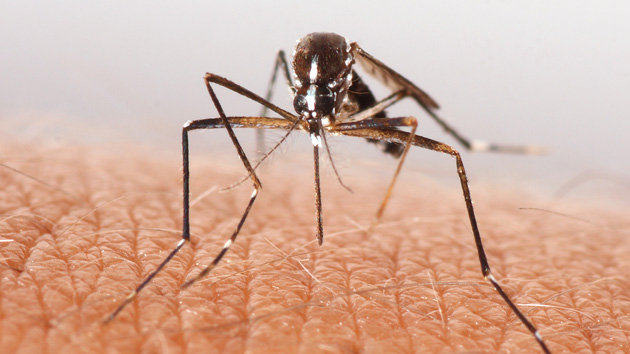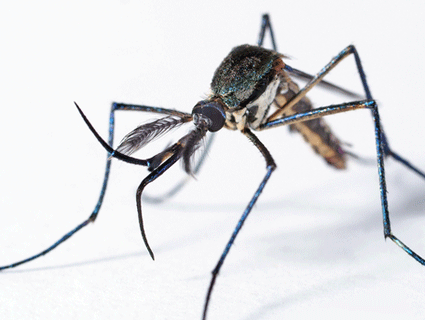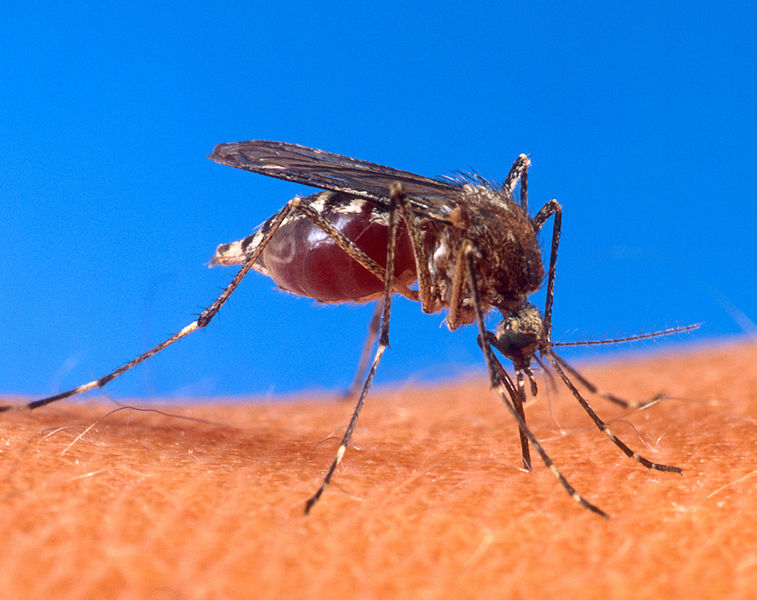
<a href="http://www.shutterstock.com/pic.mhtml?id=62284501&src=id">Natursports</a>/Shutterstock
The Wall Street Journal asks an expert why some people get attacked by mosquitoes more than others:
Mosquitoes find their mammalian prey through sensing the heat and carbon dioxide mammals emit…Mosquitoes are also guided by their sense of smell…”Mosquitoes are attracted to our human odor, and that is largely a consequence of the bacteria on our skin,” says Dr. Zwiebel. The “flora and fauna on our skin” also smell appetizing to mosquitoes, says Dr. Zweibel, and these can increase when we sweat or spend a lot of time outdoors.
I never realized that mosquitoes played favorites until a few years ago, when I was at a spring conference on St. Simons Island in Georgia where I and my fellow progressives plotted how to take over the banking system. (After some false starts, it eventually inspired me to write this piece.) One evening I was sitting next to Mark Schmitt and noticed that he looked like he had the measles or something. I had a few mosquito bites myself, but he must have had a hundred or so. He told me that mosquitoes had always found him very attractive. I guess he just has the wrong flora and fauna.
Apparently there’s no good answer if you’re one of the unlucky few. In the meantime, use DEET.















